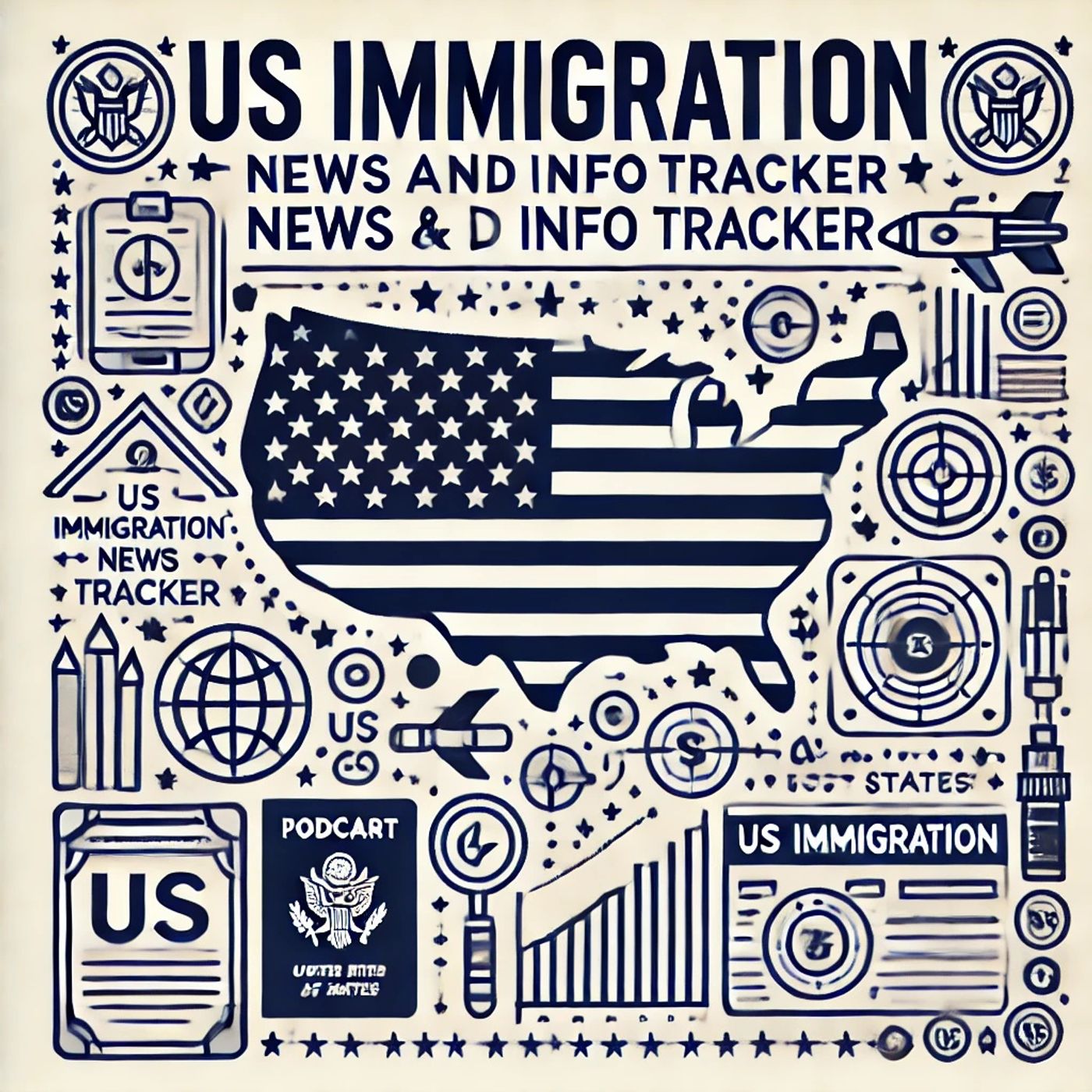Migrants in Mexico Brace for Potential Trump Comeback: Fears of Intensified Immigration Crackdown Loom
Description
The prospect of Donald Trump's re-election as President of the United States has stirred significant apprehension among migrants in Mexico. These concerns stem from the stringent immigration measures that characterized Trump's previous administration, which many fear may be reinstated or even intensified if he returns to office. For migrants, the thought of a renewed crackdown presents a direct threat to their dreams of seeking better opportunities and safety in the U.S.
Under Trump's first term, policies such as the separation of families at the border and the construction of a physical barrier between the United States and Mexico were hallmarks of his immigration strategy. These policies were met with widespread criticism internationally and domestically, as they prioritized a hardline stance over humanitarian concerns. The resulting impact was a significant challenge for thousands of migrants, many of whom were left in limbo at the US-Mexico border.
The anxiety among migrants is palpable. There is widespread speculation of a potential increase in immigration flows to the U.S. as migrants aim to reach American soil before any harsh measures can be reinstated. This situation creates a complex web of challenges for both countries. For Mexico, it means grappling with increased numbers of people at its northern border, while for the U.S., it represents potential surges in asylum applications and border crossings.
Additionally, such an influx underscores the importance of bilateral cooperation in managing immigration. The U.S. and Mexico have a long history of collaborative efforts regarding border security and immigration policy. Yet, policies that are perceived as draconian can strain these relationships and may lead to diplomatic tensions.
Moreover, Trump's potential re-election highlights the broader debate surrounding immigration policy in the United States. It raises questions about the balance between national security and humanitarian responsibilities. Proponents of stringent immigration policies argue that they are necessary to maintain order and protect resources. In contrast, opponents believe they undermine America's longstanding commitment to being a refuge for those fleeing from persecution and seeking a better life.
The anticipation of policy shifts also affects countless migrants' plans and lives. Many families are making difficult decisions about whether to attempt entry into the U.S. under the current administration or wait to see if the potential changes will indeed come to pass. This precarious situation adds to the emotional and financial toll on migrants who often undertake perilous journeys.
In conclusion, the looming possibility of Donald Trump's return to the presidency has created a ripple of unease among migrants in Mexico and has brought the conversation about U.S. immigration policy back into sharp focus. It underscores the complexities and human dimensions wrapped in the political narratives and highlights the need for compassionate yet effective immigration strategies that honor both national interests and human rights.
More Episodes
Blue States Recalibrate Approaches to Crime and Immigration, Balancing Compassion and Accountability
In recent years, the political landscape in the United States has witnessed a notable shift in attitudes toward crime and immigration, even in traditionally liberal strongholds. States such as Arizona, California, and Colorado have seen outcomes in ballot measures that signify a stricter approach...
Published 11/24/24
Published 11/24/24
In the landscape of U.S. immigration policy, a significant shift occurred during Donald Trump's presidency, marked by the appointment of three staunch anti-immigration advocates who played pivotal roles in shaping the nation's approach to immigration. These individuals were Stephen Miller, the...
Published 11/23/24


